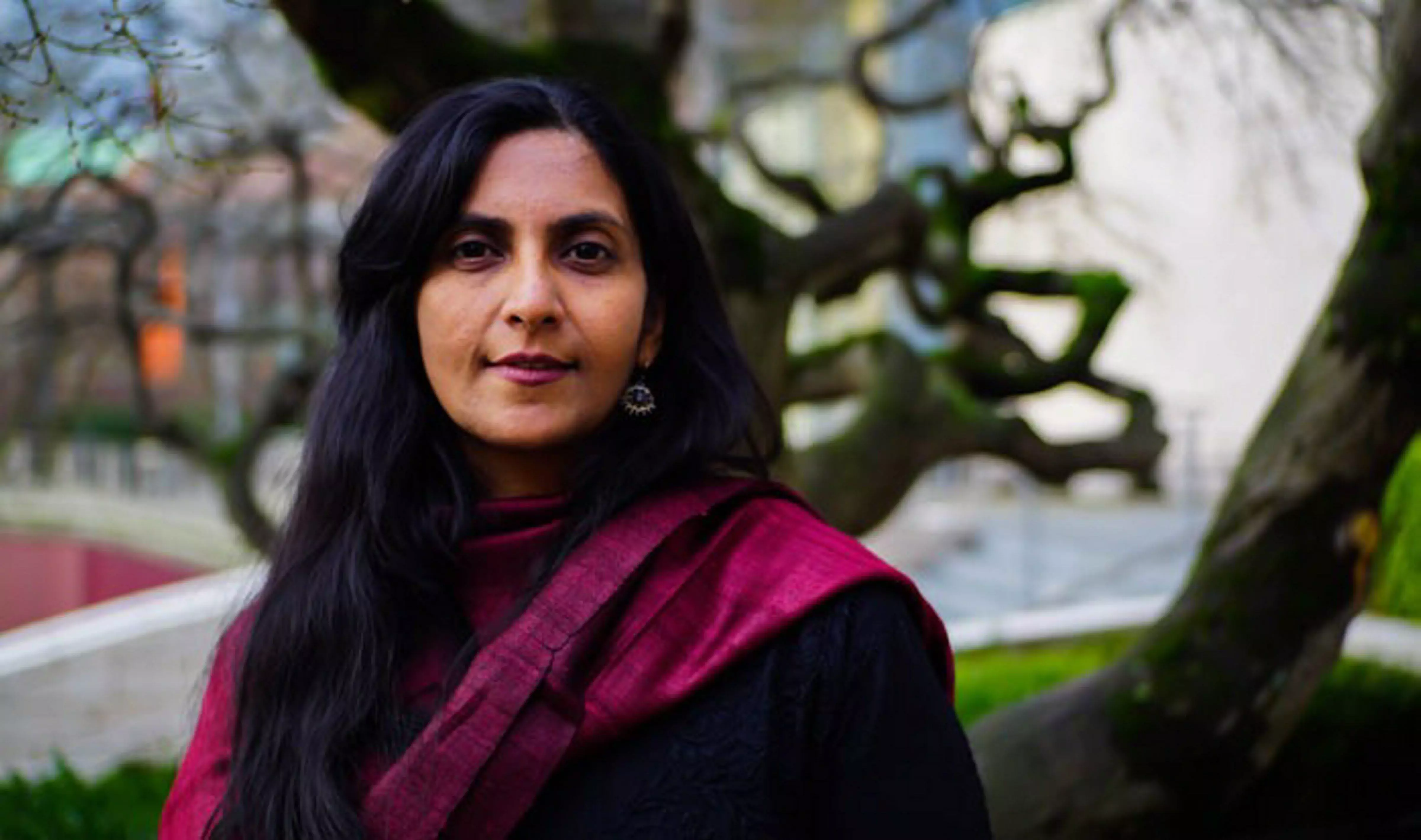A template of unity

“Love has won”, affirmed Thenmozhi Soundararajan of Equity Labs. The Seattle City Council, on February 21, 2023, passed a historic legislation adding caste to the list of anti-discrimination laws. Predominantly a South-Asian phenomenon, caste discrimination prevails in the regions and countries inhabited by South Asian residents. Caste adversely impacts 1.9 billion people globally, of which approximately 5.7 million are South-Asian Americans. As per a survey by Equity Labs in 2016, one in four Dalits in the United States faced verbal or physical assault and two out of three faced discrimination at work. Caste is a multi-layered problem and has a differential impact across genders, religions and economic classes. The beauty of the battle waged by South-Asian Americans is that they turned this greatest impediment to addressing caste discrimination into an enabling factor. Caste activist individuals and organisations, particularly Dalit feminists, managed to rope in multiple stakeholders from the city and across the country. Dalit feminists in Seattle successfully framed caste discrimination as an issue pertaining to labour rights. A wide-ranging spectrum of labour unions participated in the cause. The reality that workers belonging to lower castes, particularly Dalits, face double discrimination, has been tapped brilliantly. Then again, the activists have been engaging in discourses that articulate the double whammy of discrimination faced by non-male Dalits. Indians will agree that the problem of caste discrimination is a highly gendered phenomenon. The set of risks and vulnerabilities faced by Dalit women is largely different from, and more pronounced than, those encountered by their male counterparts. In effect, the Seattle movement has been a hard blend of feminism and Dalit activism. Furthermore, the activists researched, documented and argued the confluence of religion and caste. They managed to get support from various religious communities. Such a holistic approach to addressing caste discrimination is indeed awe-inspiring and exemplary. At the top of it, the campaign for ending caste discrimination didn’t just cut across social divisions but was also a confluence of different philosophies. The campaign garnered tacit support from dozens of Ambedkarite organisations while the Coalition for Indian Americans also rallied behind it. The network related to Shri Guru Ravidassia was also intercepted and Gurudwaras were roped in. In addition, human rights leaders including Noam Chomsky and Arundhati Roy, and legal scholars of Kevin Brown and Ann Ravel's stature, too, extended their written support. The scale of this campaign has been as surprising as it seems. It was not certainly a day’s game. The historic success of Seattle residents has come on the account of years of hard work, networking, and diligent research. It is learnt that the campaign was started way back in 2015. Today, it has acquired the vision of “Dalit internationalism” rooted in “collective” liberation. But not everyone is happy about this outcome. Hindu American Foundation (HAF) tweeted that it “stands firmly against caste discrimination. But it’s a sad day in Seattle as the City Council approves a measure that will single out our community for additional legal scrutiny in the name of preventing discrimination.” Similar other voices have been raised against the legislation, but the majority view remains otherwise. The popular opinion was also reflected in the Seattle City Council as it passed the legislation by a whopping 6-1 majority. The lone dissenting voice came on similar lines to the views expressed by the HAF and others. While the concerns raised by the dissenting voice need to be kept in consideration and respected, the apprehensions appear to be far-fetched and disproportionate to the scale of difficulties faced by oppressed caste groups. The activists in Seattle believe that their success will inspire a nationwide change in the times to come. Their optimism is truly appreciable and viable. The ban on caste discrimination will not only trigger a change in American society’s approach towards Dalits, but it will also inspire Dalit bodies across the world, particularly in South Asia. More importantly, it has also provided a workable strategy which, adjusted for the socio-economic realities of different nations, can produce positive outcomes.



